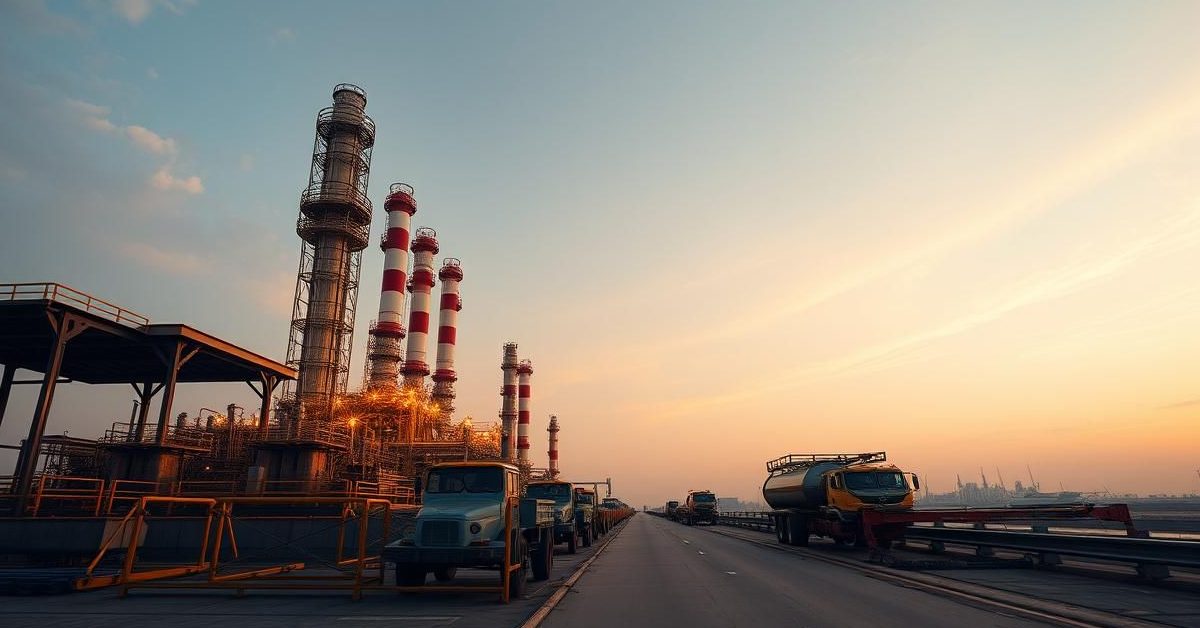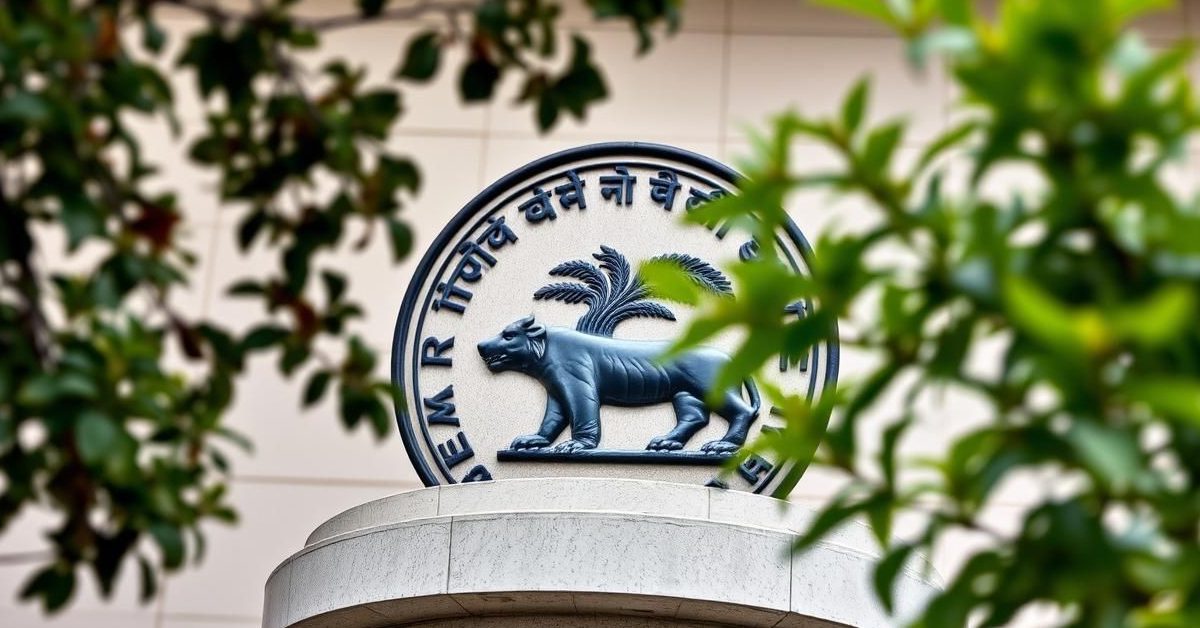The European Union has announced new sanctions against Russia, including targeting Indian refiner Nayara Energy and lowering the price cap on seaborne Russian crude oil.
EU Sanctions Nayara Energy
In its latest move against Russia over the war in Ukraine, the European Union is sanctioning Nayara Energy, an Indian crude oil refiner. This action is significant because Russia’s oil giant, Rosneft, holds a 49.13% stake in Nayara Energy.
Nayara Energy, formerly Essar Oil, operates a 20-million-tonnes-per-annum refinery in Vadinar, Gujarat. The company also manages a vast network of approximately 6,800 fuel retail outlets across India, and supplies fuel to public sector oil marketing companies.
Impact on Nayara Energy
The new EU sanctions mean Nayara Energy will be unable to export petroleum fuels and products to Europe. This could also disrupt its dealings with various European companies.
Furthermore, these sanctions might complicate Rosneft’s potential plans to divest its stake in Nayara Energy, as prospective investors could be deterred. While significant, Nayara Energy is not a major exporter of fuel to Europe, accounting for an estimated 4% of India’s total fuel exports to the region so far in 2025.
New Price Cap for Russian Crude
Alongside the Nayara Energy sanctions, the EU has decided to lower the existing price cap on seaborne Russian crude oil, which was previously set at $60 per barrel. The new, specific cap has not yet been disclosed.
This reduction could potentially benefit India, a major importer of Russian crude. If the price of Russian oil decreases due to a stricter cap, it could lower import costs for India. Currently, Russian crude accounts for about 40% of India’s total oil import volumes.
Understanding the Broader Implications
The full impact of these EU actions remains uncertain until more details about the sanctions and the new price cap emerge. Industry insiders are awaiting clarity on the specifics.
A crucial factor will be whether the United States decides to join the EU in these measures. US involvement could significantly amplify the consequences and enforcement of the sanctions.
It’s worth noting that a significant portion of Russian crude imported by India is transported by the “shadow fleet.” These vessels, effectively controlled by Russia, do not rely on Western shipping or insurance, allowing them to bypass the price cap. Indian refiners typically purchase Russian crude on a “delivered basis,” where the seller arranges transportation and insurance.
EU’s Firm Stance Against Russia
Kaja Kallas, the EU High Representative for Foreign Affairs and Security Policy, stated on social media that the EU has approved “one of its strongest sanctions package against Russia to date.” The goal is to further cut the Kremlin’s war budget.
The comprehensive package targets 105 more “shadow fleet” ships, limits Russian banks’ access to funding, bans Nord Stream pipelines, and puts more pressure on Russia’s military industry. It also targets Chinese banks enabling sanctions evasion and blocks tech exports used in drones.
These ongoing measures by the EU and the US aim to increase pressure on Moscow to negotiate a peace deal and end the conflict in Ukraine. Energy exports are a primary revenue source for Russia, making them a key target for Western powers seeking to curb the Kremlin’s ability to fund the war.
- The EU sanctioned Indian refiner Nayara Energy due to its significant ownership by Russia’s Rosneft.
- Nayara Energy will face restrictions on exporting fuels to Europe and dealings with European companies.
- The EU is lowering the price cap on Russian crude oil, potentially benefiting India as a large importer.
- The full impact is still unclear, especially depending on potential US involvement and the role of the “shadow fleet.”
These actions underscore the international community’s continued efforts to economically pressure Russia into ending its aggression in Ukraine.














